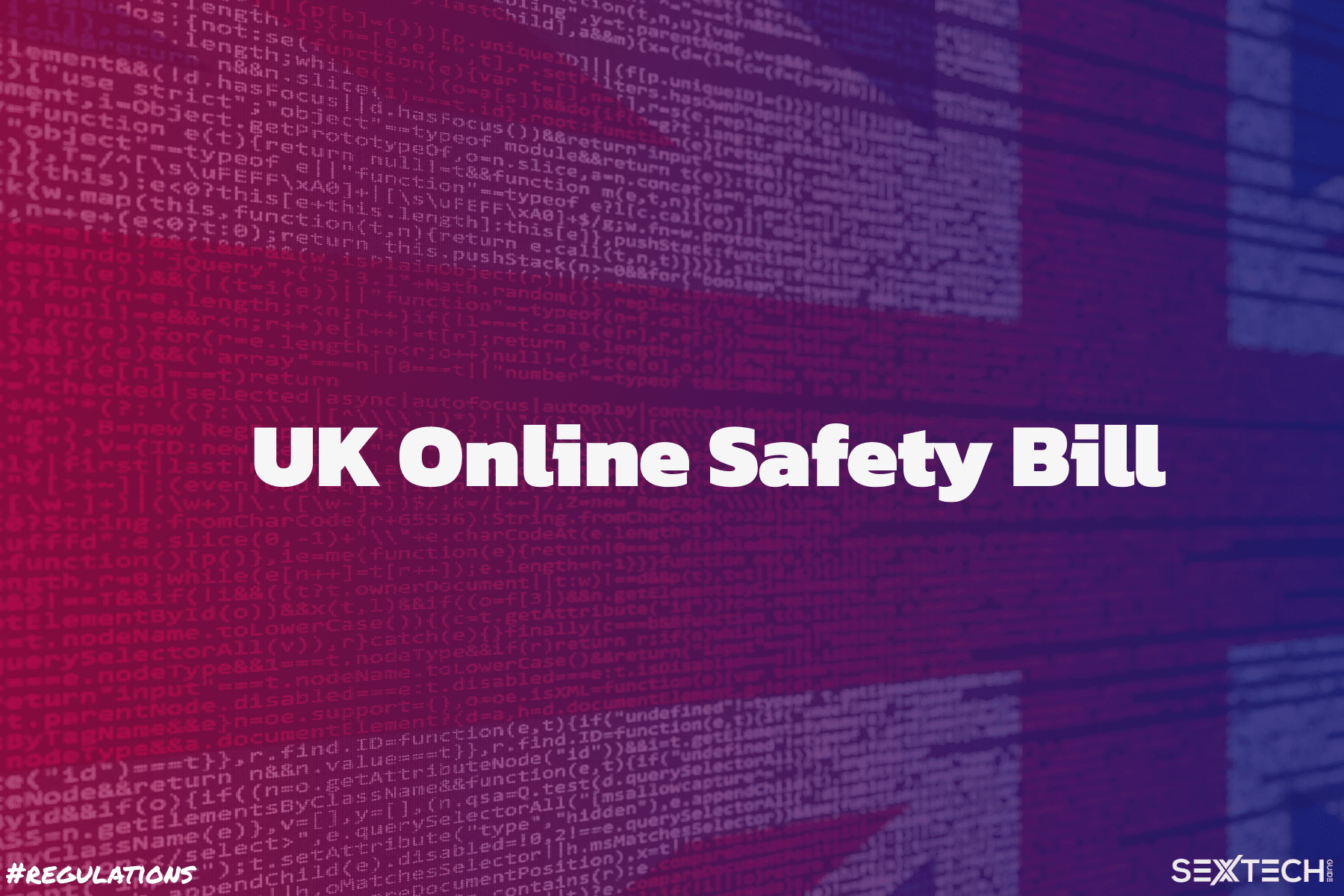‘Super committee’ to scrutinize UK government’s controversial Online Safety Bill

A ‘super committee’ has been set up in Britain’s Parliament to analyse the government’s proposed Online Safety Bill, which if passed would compel social media companies to remove illegal or harmful content from their sites.
The 12-person Joint Committee on the Online Safety Bill will be led by Conservative MP Damian Collins, former chairman of the House of Commons Digital, Culture, Media and Sport Select Committee. He said the committee would undertake a “line by line” analysis of the Bill, which critics said could cause tech firms to over-censor content.
The Bill covers pornography (including revenge porn) plus many other subjects, including terrorism, racism, hate speech, grooming, suicide and disinformation.
If it is passed Ofcom, the UK’s communications regulator, would be able to fine companies and block their websites if they do not keep harmful content off their sites. Critics say that making sites more responsible for content users upload to them could lead to over-cautious censorship, and threatens free speech.
Collins said: “The Online Safety Bill is about finally putting a legal framework around hate speech and harmful content, and ultimately holding the tech giants to account for the role their technology plays in promoting it. The next step in this process is the detailed scrutiny of the draft Bill.”
“This is a once in a generation piece of legislation that will update our laws for the digital age. We now have a super committee of MPs and peers, highly experienced in this area who will work together to go through this Bill line by line to make sure it’s fit for purpose,” he added.
Circumvent Big Tech's Censorship! Never miss another post!
Subscribe to our notifications!
Article continues below
Hate speech and racist trolling on social media have become a huge problem in the UK, with the government hoping that the Bill will help crack down on such incidents. The government said the Bill is “especially” geared at keeping children safe online.
Critics fear that content related to subjects such as sex, race issues and violence, but that should not be considered harmful, may become at risk of being censored under the proposed legislation
Index on Censorship, an organisation that campaigns for free expression, has strongly opposed the proposed Bill. Ruth Smeeth, chief executive of the organisation, said it would be “catastrophic for freedom of speech”.
Smeeth said that the government’s plan to “force tech platforms to delete ‘harmful’ content or face big fines will lead to many legal posts being deleted… it might not be the UK Government’s intention but this bill sets a worrying international precedent. Dictators around the world will be taking notes.”
The committee is due to report on its findings before December 10 2021.
In the last couple of years, the UK government has consistently also tried to introduce stringent age controls to prevent minors from accessing adult content, though the implementation suggested would likely fail at its stated aims, according to critics of the now-abandoned plans.
Read next: Instagram’s sensitive content controls worry sex-focused creators






